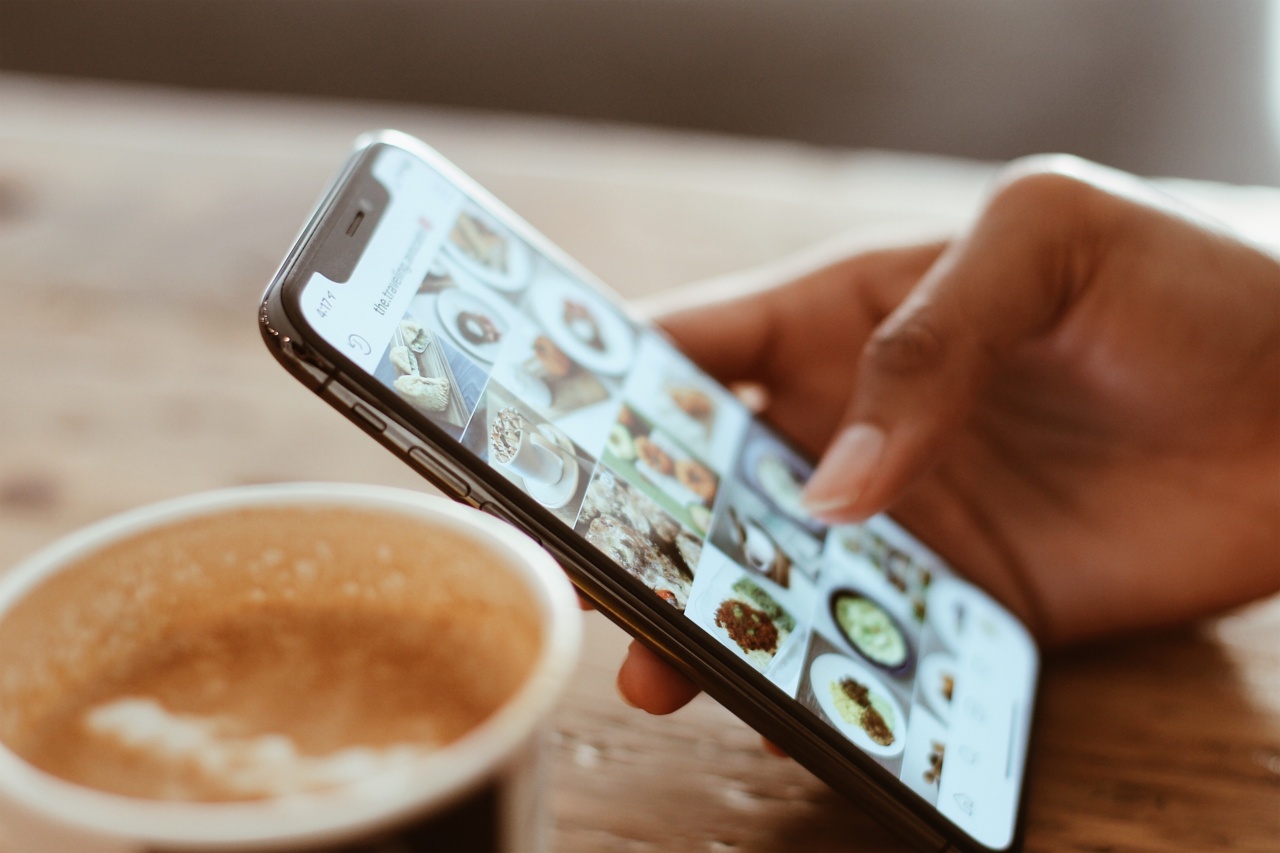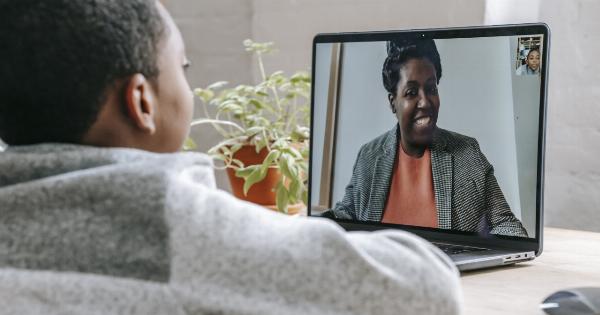In today’s digital age, social media has become an integral part of our daily lives. Whether it’s Facebook, Instagram, Twitter, TikTok, or any other platform, social media has transformed how we connect, communicate, and consume information.
However, many of us find ourselves endlessly scrolling through these platforms, losing track of time, and often realizing that hours have passed without us even noticing. Why is it so difficult to put our phones down and stop scrolling on social media?.
The Psychological Aspects
One of the primary reasons why we can’t stop scrolling on social media lies in the psychological aspects associated with these platforms.
Social media provides a sense of instant gratification, with every scroll potentially leading to new and exciting content. The human brain is wired to seek novelty, and social media algorithms are designed to keep us engaged by constantly showing us new posts, videos, stories, and trends.
Moreover, social media platforms utilize a concept known as infinite scrolling, where content is loaded automatically as we scroll down. This eliminates the need for us to actively seek out new content, as there is always more waiting for us.
The psychological impact of infinite scrolling is that it promotes a continuous habit loop, making it challenging for us to break free from the scrolling cycle.
The Engaging Content
Another crucial factor that contributes to our inability to stop scrolling on social media is the content itself. Social media platforms offer a plethora of content that caters to our individual interests and preferences.
Whether it’s funny videos, inspiring stories, beautiful photography, or thought-provoking articles, there is something for everyone.
Furthermore, content creators and influencers play a significant role in keeping us hooked. They are adept at creating engaging and captivating content that captures our attention and prompts us to keep scrolling.
These individuals often have a deep understanding of human psychology and know how to leverage it to maximize our engagement on social media platforms.
Social Validation and FOMO
One of the powerful underlying factors that keep us scrolling on social media is the desire for social validation. These platforms have become a place where we seek approval, recognition, and validation from our peers.
Every like, comment, or share validates our sense of self-worth and boosts our social status.
Furthermore, the fear of missing out (FOMO) plays a crucial role in our addiction to social media scrolling.
When we see our friends or connections engaging in exciting activities, attending events, or sharing their accomplishments on social media, we feel compelled to stay updated and be a part of the conversation. The fear of missing out on important events or opportunities drives us to keep scrolling, ensuring we stay connected to the virtual world.
The Dopamine Rush
Social media platforms are designed to trigger a release of dopamine in our brains. Dopamine is a neurotransmitter associated with pleasure and reward, and it plays a significant role in addictive behaviors.
Every time we receive a notification, get a like on our post, or find something interesting while scrolling, our brain releases dopamine, creating a pleasurable sensation.
This dopamine rush reinforces the habit of scrolling on social media platforms, as we subconsciously seek that pleasurable experience repeatedly.
The unpredictable nature of these rewards makes it even more addictive, as we never know when the next notification or engaging post will appear, keeping us hooked in anticipation.
The Need for Connection
Humans are social beings, and social media platforms provide a virtual space for us to connect with others.
Especially during times when physical interactions may be limited, social media becomes a vital medium to maintain relationships, stay connected with loved ones, and find support within online communities.
Although social media has its benefits in terms of connectivity, it can also lead to a paradoxical situation where excessive scrolling hinders real-life interactions and deep connections.
The constant virtual presence can create feelings of loneliness and isolation, further fueling the need for social media validation and perpetuating the scrolling behavior.
The Fear of Missing Out on Information
Social media has become a primary source of news and information for many individuals. The fear of missing out on important news or updates drives us to continuously scroll through our feeds, making sure we stay informed.
The constant stream of information being shared on social media platforms can be overwhelming, making it difficult for us to stop scrolling for fear of being left behind.
Moreover, social media algorithms are designed to show us content aligned with our interests and beliefs, creating echo chambers where we are exposed to a biased selection of information.
This reinforces our confirmation biases and can impact our ability to critically evaluate information, making us more susceptible to misinformation and fake news.
The Role of Advertising
Social media platforms rely heavily on advertising revenue, and advertisements play a significant role in keeping us engaged.
These platforms collect and analyze vast amounts of data about our preferences, interests, and behaviors, allowing advertisers to target us with personalized and highly relevant advertisements.
Advertisements are strategically placed within our news feeds and stories, often seamlessly integrated with the content we are already scrolling through.
They are designed to capture our attention and entice us to click, leading to a seamless transition from scrolling to shopping. The constant bombardment of targeted advertisements increases the likelihood of impulse buying and can make it challenging for us to resist the urge to keep scrolling.
Managing Social Media Usage Effectively
While it’s evident that stopping scrolling on social media can be challenging, it’s essential to develop healthy habits and manage our usage effectively. Here are some tips to help you control your social media consumption:.
- Set specific time limits for social media usage and stick to them.
- Remove social media apps from your phone’s home screen to reduce temptation.
- Disable push notifications to minimize distractions.
- Engage in activities that provide a sense of purpose and fulfillment.
- Practice mindfulness and take breaks from social media regularly.
- Establish real-life connections and prioritize face-to-face interactions.
- Curate your social media feed by unfollowing accounts that don’t add value to your life.
- Set goals for your social media usage, such as using it for networking or learning.
- Use productivity apps that limit access to social media during specific hours.
- Seek support from friends, family, or professionals if you struggle with excessive social media use.
By implementing these strategies, you can regain control over your social media usage and ensure it enhances your life rather than consuming it.




























